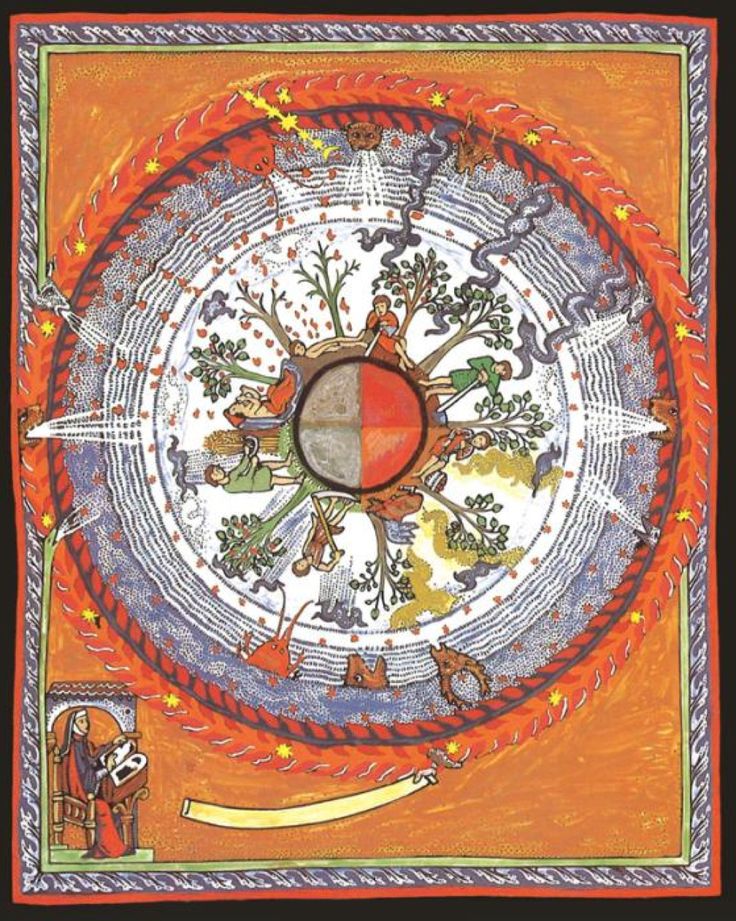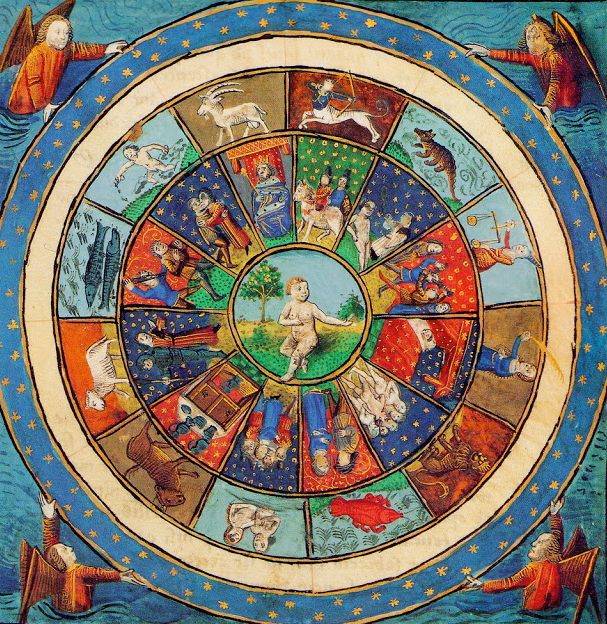What Are Ember Days?
On Rogation and Ember Days, the Church is accustomed to entreat the Lord for the various needs of humanity, especially for the fruits of the earth and for human labour and to give thanks to Him publicly.
Four times a year, approximately three months apart, near the beginning of each season of the solar cycle (winter, spring, summer and autumn), the Church sets aside three days (a total of twelve days in a year) to ask for blessings upon mankind and to pray in gratitude for the blessings of nature, particularly those used by the Church in her Liturgy, such as olives, grape, and wheat. This is also a time set apart to thank God for the Sacraments and pray for Priests, particularly those who were being ordained. These days are marked with prayer, fasting and abstinence and stress spiritual renewal.
The word “Ember” actually comes from the Latin phrase, Quatuor Tempora, meaning four times.
This is an ancient tradition of the Church. St Pope Leo the Great, in the 5th century, mentioned the Ember Day Fasts, pointing to these fasts as stemming from Old Testament and Apostolic tradition.
Ember Days are still a vital part of the Church’s tradition.
The traditional dates for the Ember days are the Wednesday, Friday and Saturday:
After St. Lucy’s feast day, 13 December
After the First Sunday of Lent
After Pentecost (this would be during the traditional octave of Pentecost)
After the Feast of the Exaltation of the Holy Cross, 14 September
These times are spent fasting and partially abstaining in penance and prayer, with the intentions of thanking God for the gifts He gives us in nature and beseeching Him for the discipline to use them in moderation. The fasts, known as “Jejunia quatuor temporum,” or “the fast of the four seasons,” are rooted in Old Testament practices of fasting four times a year:
Zacharias 8:19:
Thus saith the Lord of hosts: The fast of the fourth month and the fast of the fifth and the fast of the seventh and the fast of the tenth shall be to the house of Juda, joy and gladness, and great solemnities: only love ye truth and peace.

Why Wednesday, Friday and Saturday?
Because Ember Days are of ancient tradition, there are Station Churches attached to the Ember Days, each with a different focus on each day of ember week.
All four Ember Wednesdays were celebrated in the station church St Mary Major. Wednesday was traditionally devoted to our Lady and in imitation of her it was a day of reflection and spiritual orientation.
All four Ember Fridays take place in the stational church of the Basilica of the Apostles. Father Pius Parsch says: “Ember Friday is the liturgy’s ‘Yom Kippur.’” Friday recalls Christ’s passion and death and emphasises conversion and penance.
All the Ember Saturdays take place in the stational church of St Peter in the Vatican. Saturday is a preview of Easter and it marks the renewal of our baptismal covenant.
When Are Ember Days In 2020:
Lenten /Spring Ember Days – March: 4, 6 and 7
Summer Ember Days – June 3, 5 and 6
Autumn Ember Days: September 16, 18 and 19
Advent Ember Days: December 16, 18 and 19
















You must be logged in to post a comment.